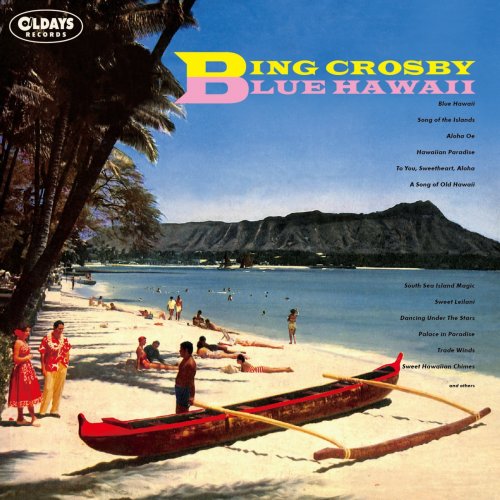Giuseppe Sinopoli - Schönberg / 6 Orchestral Songs & Chamber Symphony No.1 (- Elatus) (2003)
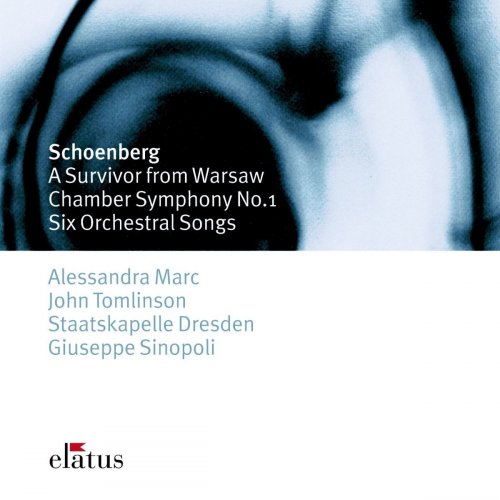
Artist: Giuseppe Sinopoli
Title: Schönberg / 6 Orchestral Songs & Chamber Symphony No.1 (- Elatus)
Year Of Release: 2003
Label: Warner Classics
Genre: Classical
Quality: FLAC (tracks)
Total Time: 63:21 min
Total Size: 286 MB
WebSite: Album Preview
Tracklist:Title: Schönberg / 6 Orchestral Songs & Chamber Symphony No.1 (- Elatus)
Year Of Release: 2003
Label: Warner Classics
Genre: Classical
Quality: FLAC (tracks)
Total Time: 63:21 min
Total Size: 286 MB
WebSite: Album Preview
01. Schoenberg : 6 Orchestral Songs Op.8 : I Natur
02. Schoenberg : 6 Orchestral Songs Op.8 : II Das Wappenschild
03. Schoenberg : 6 Orchestral Songs Op.8 : III Sehnsucht
04. Schoenberg : 6 Orchestral Songs Op.8 : IV :Nie ward ich, Herrin, müd:
05. Schoenberg : 6 Orchestral Songs Op.8 : V :Voll jener Süsse:
06. Schoenberg : 6 Orchestral Songs Op.8 : VI :Wenn Vöglein klagen:
07. Schoenberg : Begleitungsmusik zu einer Lichtspielszene [Accompaniment to a Film Scene] Op.34
08. Schoenberg : A Survivor from Warsaw Op.46
09. Schoenberg : Chamber Symphony No.1 Op.9
The scandals that attended performances of some of Schoenberg’s works in the concert hall tend to blind us to the fact that he was not unfamiliar with triumphant applause, notably for his Gurrelieder. His Six Orchestral Songs Op.8 of 1904 were also well regarded by the public at large. Four are settings of poems by Heinrich Hart and Petrarch, while the remaining two are from Des Knaben Wunderhom. Two years later, Schoenberg’s First Chamber Symphony for fifteen solo instruments marked an enormous leap forward in his voyage of experimentation. But the first performance in Vienna in 1907 scandalised its audience as most listeners were unable to cope with so much innovation at once. Schoenberg composed the Begleitmusik zu einer Lichtspielszene Op.34 in Berlin during the winter of 1929/30. It was commissioned from a publishing house that provided atmospheric music for silent films and was premiered at the Krolloper in Berlin to huge success. Two years after the end of World War II, Arnold Schoenberg wrote a brief but monumental vocal piece that even today is regarded as one of the most important anti-Fascist pieces ever composed. A Survivor from Warsaw Op.46 for narrator, men’s chorus and orchestra is, in essence, a condensed oratorio with words by Schoenberg himself, based on authentic accounts. The text distinguishes between three different layers, each in a different language: English is the language of the surviving eyewitness who tells of a Warsaw ghetto massacre, while the murderers interject in German and the Jews, about to perish, strike up the prayer Shema Jisroel (Hear, O Israel) in Hebrew. The three levels are distinguished musically too. The work overwhelmed listeners at its premiere in 1948 and, after tumultuous applause, it had to be repeated.
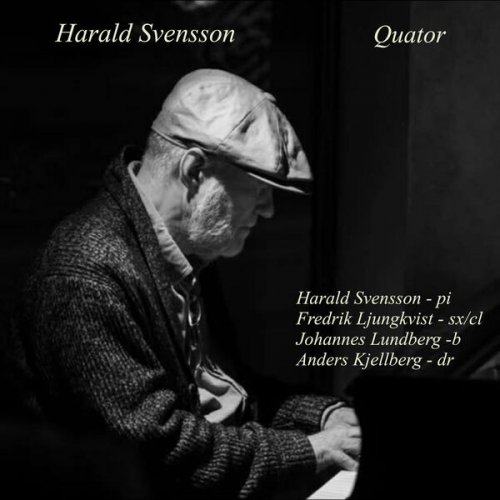
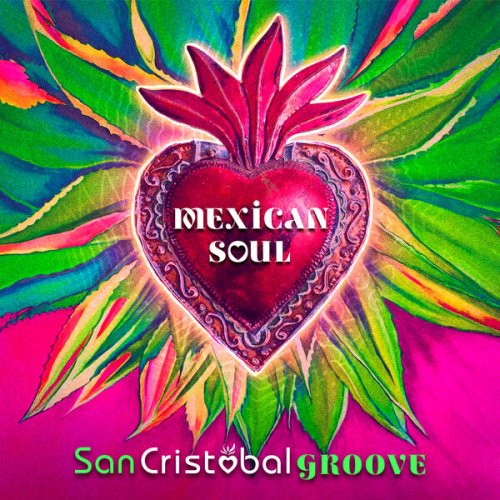
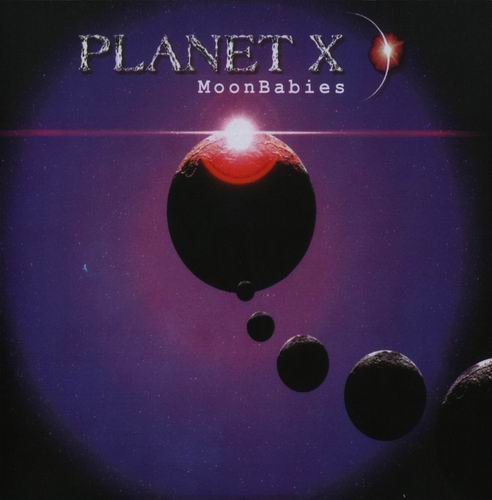
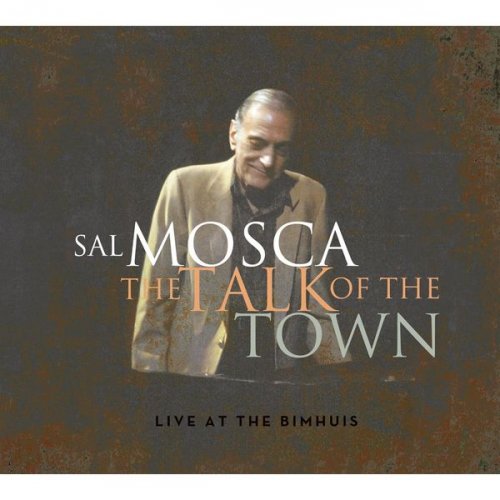


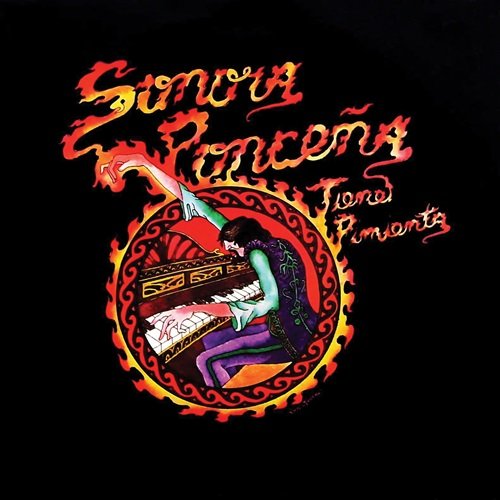
![Ben Aylon, Roei Hermon - SMALL ROOM IN DAKAR (2025) [Hi-Res] Ben Aylon, Roei Hermon - SMALL ROOM IN DAKAR (2025) [Hi-Res]](https://www.dibpic.com/uploads/posts/2025-12/1765640683_pl8lfacmwajwc_600.jpg)
